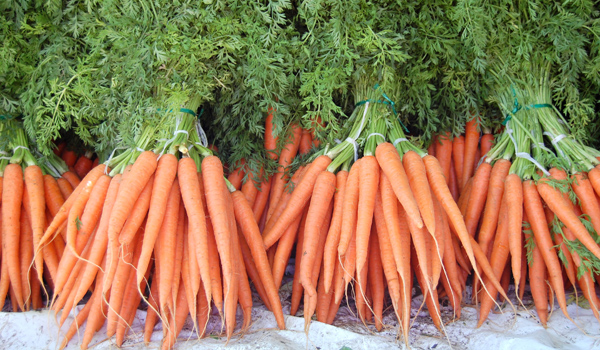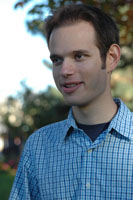Does Your Diet Put You at Risk for Esophageal Cancer?

Eating a lot of vegetables and only a little red meat will reduce your odds of developing esophageal cancer, a new study suggests.
Further, the study suggests that people should make sure they focus on choosing from the correct food groups rather than on getting individual nutrients or vitamins.
Italian researchers analyzed data from more than 1,000 patients, including 300 who had squamous cell esophageal cancer (cancer that begins in the cells lining the esophagus) and compared their diets.
"Our ?ndings suggest that a diet rich in foods from animal origin and poor in foods containing vitamins and ?ber increase[s] esophageal cancer risk," they wrote.
The people in the study who were in the top 25 percent in terms of how much red meat, eggs, cheese and milk they ate were 1.6 times as likely to have esophageal cancer as those in the bottom 25 percent.
Those who ate the most foods high in vitamins and fiber, such as fruits and vegetables , and high in vitamin D and polyunsaturated fats, such as olive oil and fish, had about half the chance of having esophageal cancer as those who ate the least of these foods.
In fact, the 25 percent of people who ate least of these food groups had the greatest chance of having the cancer, and everyone who ate more had a significantly decreased risk in their esophageal cancer odds.
Sign up for the Live Science daily newsletter now
Get the world’s most fascinating discoveries delivered straight to your inbox.
The data used in the study had been recorded in northern Italy in the 1990s and published. But while previous analyses had shown a role for fruit and vegetables in lowering esophageal cancer risk, studies of the individual nutrients within these foods had not yielded similarly positive results.
The problem, said the National Cancer Institute's Joseph Su is that those studies looked at too many individual foods, which could have suggested associations between food and cancer risk that weren't there.
"You cast too wide of a net, the result you see could be simply random; it's not a real association," said Su, who is program director of the NCI's Modifiable Risk Factors Branch and was not involved with the Italian study.
Su saw the Italian study as an attempt to look at foods grouped by nutritional profile for a better explanation. The approach was, "Let's group them together and see if any particular dietary pattern may be more protective or more detrimental to esophageal cancer," he said.
The result is "more of a holistic approach ? all of the food combinations you eat, because they may have some interaction. They are working together and more effective than a single nutrient," Su said.
And for those seeking to eat cancer-protective foods, he said, it makes life easier: "It gives a sense of what to eat and what not to eat rather than reading every single ingredient on the box or label."
Su said he would recommend to anyone the diet patterns shown by the study to be beneficial. Those who might especially benefit include people with risk factors such as smoking and heavy alcohol drinking (although Su noted they should quit those habits, too). Another group who might benefit is people who regularly consume very hot beverages or soups, which can damage the lining of the esophagus.
Esophageal cancer has a high mortality rate. The National Cancer Institute estimates there were 16,640 new cases last year and 14,500 deaths.
Pass it on: A diet high in fruits and vegetables may lower your risk of esophageal cancer.
- 7 Cancers You Can Ward Off with Exercise
- 6 Easy Ways to Eat More Fruits and Vegetables
- 10 New Ways to Eat Well
Follow MyHealthNewsDaily on Twitter @MyHealth_MHND.











